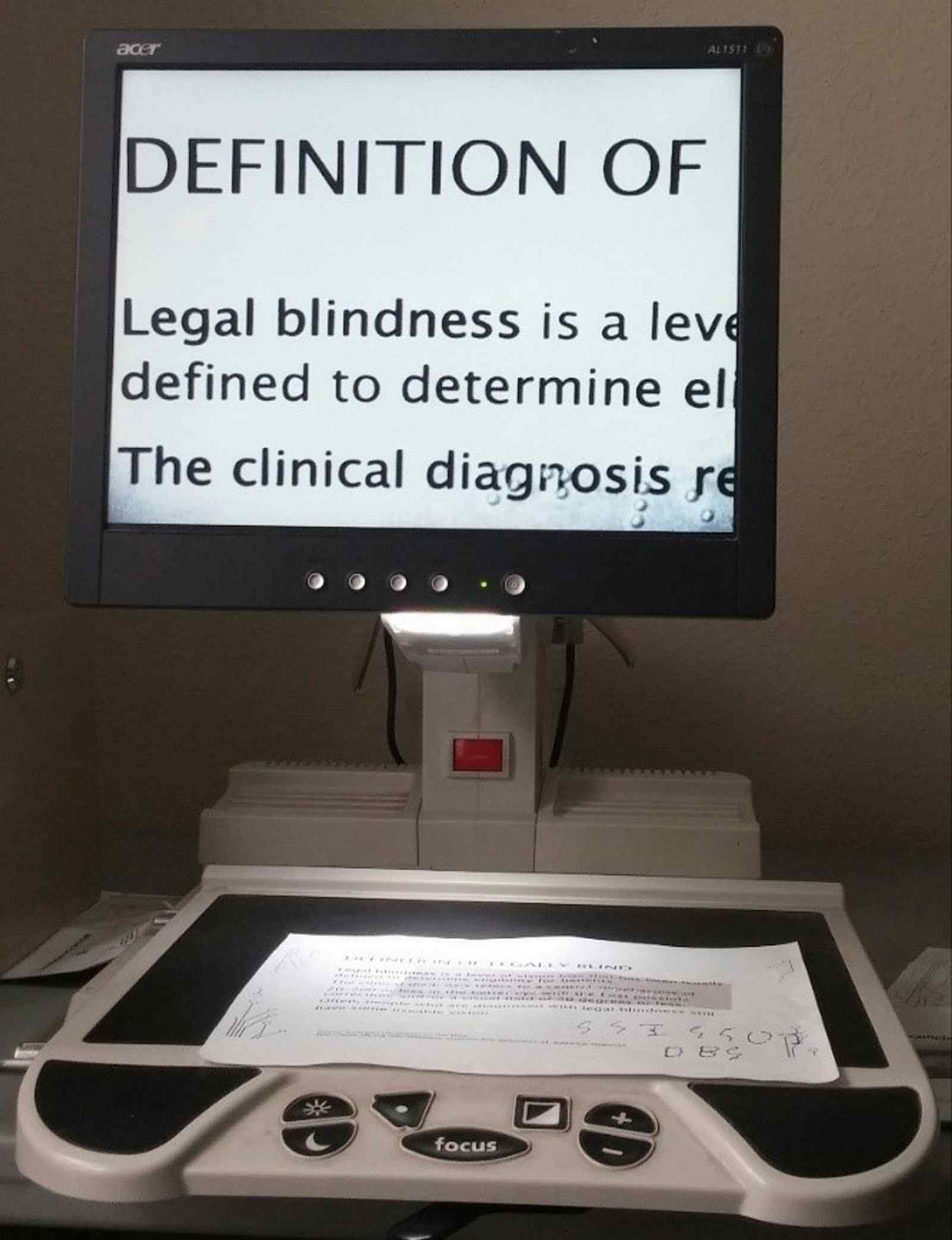Be Accepting and Be Accepted: A Blind Oasian
My name is Micale Fernandes and I have been a member of Houston Oasis for several years. I am originally from Austin, but my boyfriend and I have lived in Houston for the past six years. Because I am legally blind, I thought it might be helpful to write a blog to inform others about my disability, to educate and to show that I am a fellow Oasian who enjoys being a part of the community like everyone else.
Often, people who are diagnosed with legal blindness still have some usable vision. My vision is 20/600, is not correctable and is only mildly usable. Some things I cannot see at all and the further away, the worse my vision. Factors such as size, color and contrast of objects, and lighting influence how much I can see. The bolder the shade of something, the better chance I have of determining what it is; I see black the best. Also, the relay from my eyes to my brain works slower. Most people immediately process what they see, but it takes me longer to focus and to register what I am seeing.
A head injury I obtained when I was a baby, called an occipital skull fracture, caused my blindness and the conditions known as optic nerve atrophy and cerebellar ataxia. Starting with optic nerve atrophy, this is what causes my blindness and nystagmus. "Optic nerve atrophy (ONA) is mild to severe damage to the optic nerve that can adversely affect central vision, peripheral vision and color vision.” (http://www.aapos.org/terms/conditions/81) My cerebellar ataxia (lack of muscle control) is what causes me to sometimes be a little unbalanced on my feet and shaky with my hands. My ataxia can be mild or moderate depending on various factors, such as my stress level and nervousness.
There are many challenges involved with being blind, so I use adaptive technology to help me live a more normal life. Some of these aids are CCTV, screen readers, braille, glasses, white cane and/or a sighted guide. CCTV is an electronic magnifier that transfers an image to a monitor for enlarged viewing. Computer screen reading programs convert text to speech and also offer text as braille. I mainly use the text to speech function. These programs allow me to read a book, play games on my computer, go through email, Skype with people and much more. I can read braille, but I do not prefer to use it much. I also use a white cane, but I prefer the help of a sighted person.
You may have heard that blind people have heightened senses; this is a myth. The blind simply learn how to rely on their other senses more. For example, I learned to use my white cane as an extension of my hands, arms and feet. The cane helps me know where I am by the different sounds it makes in different situations, depending on where I am trying to go.
Things that I like to do despite being legally blind include singing karaoke, making art, enjoying role-playing games, reading fan fiction, shooting pool, hanging out with friends and family, and walking my dogs. You see, I like to do many of the same things as sighted people.
One way people at Oasis can help me is to introduce themselves upon chatting with me so that I can learn to identify who I am talking to. In time I may be able to recognize you by your voice. So, if you see me at an Oasis Sunday gathering or social event, feel free to introduce yourself and say hi. I am a bit shy, but I'm open and welcoming to questions, and I would love to get to know you!

